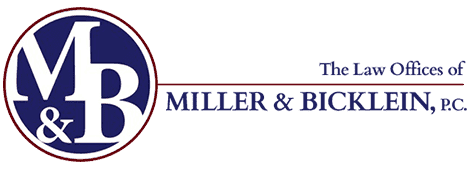Did you know that your job in the oil patch is more likely to claim your life than any other job? The oil and gas industry is not only the backbone of the economy in Texas but also for thousands of families who see their loved ones leave for work every day, never knowing whether they will make it home safely. Stressful working conditions, the negligence of others and faulty equipment are but some of the causes of catastrophic injuries and death in the oil patch.
If you are aware of the primary hazards of your job and know how to recognize them, you can take precautions to protect yourself from harm. While the list of dangers is endless, some oil field accidents are more prevalent than others.
Slips, trips and falls
You may encounter wet, muddy, oily and icy surfaces wherever you move about, making slip-and-fall or trip-and-fall accidents par for the course. Furthermore, accessing platforms and other elevated equipment exacerbates the risks of severe injuries if you should fall. However, taking the following steps might help you avoid falls:
- Never access high places without wearing fall protection equipment.
- Do what you can to help keep walkways on the job site clean, dry and free of clutter.
- Be careful when selecting and setting up ladders and use them cautiously.
- Avoid jumping from truck beds or other high places.
Motor vehicle accidents
Safety authorities say this is the most significant hazard in the oil fields, with eight times more fatal accidents occurring than in any other industry. You can take the following precautions:
- Never drive without your seat belt, and make sure your passengers buckle up.
- Avoid distractions such as cellphones and other devices.
- Your load might be awkward, the roads might be slick and in poor condition, and there might be reduced visibility. Always control your speed to fit prevailing conditions.
- Avoid driving when you feel drowsy. If you do not have a relief driver, who can take over, pull off the road where it is safe, and rest.
Caught-in-between and struck-by hazards
These hazards involve moving equipment or vehicles, high-pressure lines, falling equipment and more, but you can do the following to stay safe:
- Make sure elevated areas have toe boards and keep tools away from the edges.
- Do not use machinery and tools without the required safeguards to prevent contact.
- Ensure you get the necessary training about pipe-moving procedures during orientation.
- Carry out inspections of plugs, cords and tools before you use them, and remove faulty or damaged objects from service.
Burns
Your job will frequently expose you to flammable liquids and vapors, hot work activities and hazardous chemicals, which can all cause severe burn injuries. Do the following to protect yourself:
- Comply with the company’s chemicals handling hazard communication program.
- Always follow lockout/tag-out procedures before doing maintenance or repairs on equipment.
- Never handle chemicals or do welding or cutting without the necessary personal protective equipment.
Hydrogen sulfide gas (H2S)
This gas is highly flammable, colorless and extremely toxic — even in low concentrations. Because it is heavier than air, it accumulates in low-lying areas. Learn as much about this hazard as you can, and take the following precautions:
- Comply with permissible limits of exposure as prescribed by the Occupational Safety and Health Administration.
- Make sure a qualified person measures the H2S levels before entering any low-lying areas or confined spaces like manholes.
- Be aware of prevailing smells — H2S smells like rotten eggs.
- Do not light a cigarette.
- Never go without your H2S monitor, and make sure you wear it as prescribed by the manufacturer.
Are you injured?
If you are a victim of an oil field accident in Texas and you have to cope with the financial consequences of a vehicle crash, spinal or head injuries, fractured bones or an occupational illness, you do not have to carry the burden alone. An experienced workers’ compensation attorney can help with the navigation of benefits claims to cover your medical expenses and lost wages.
